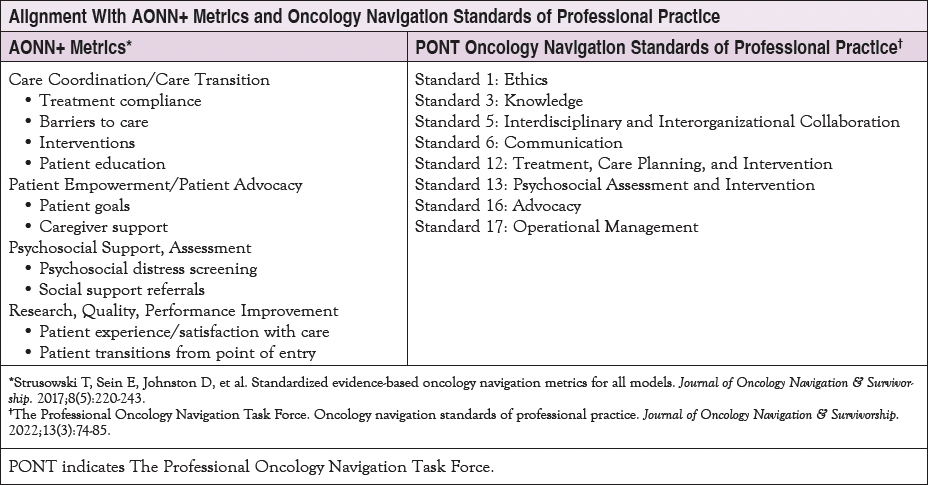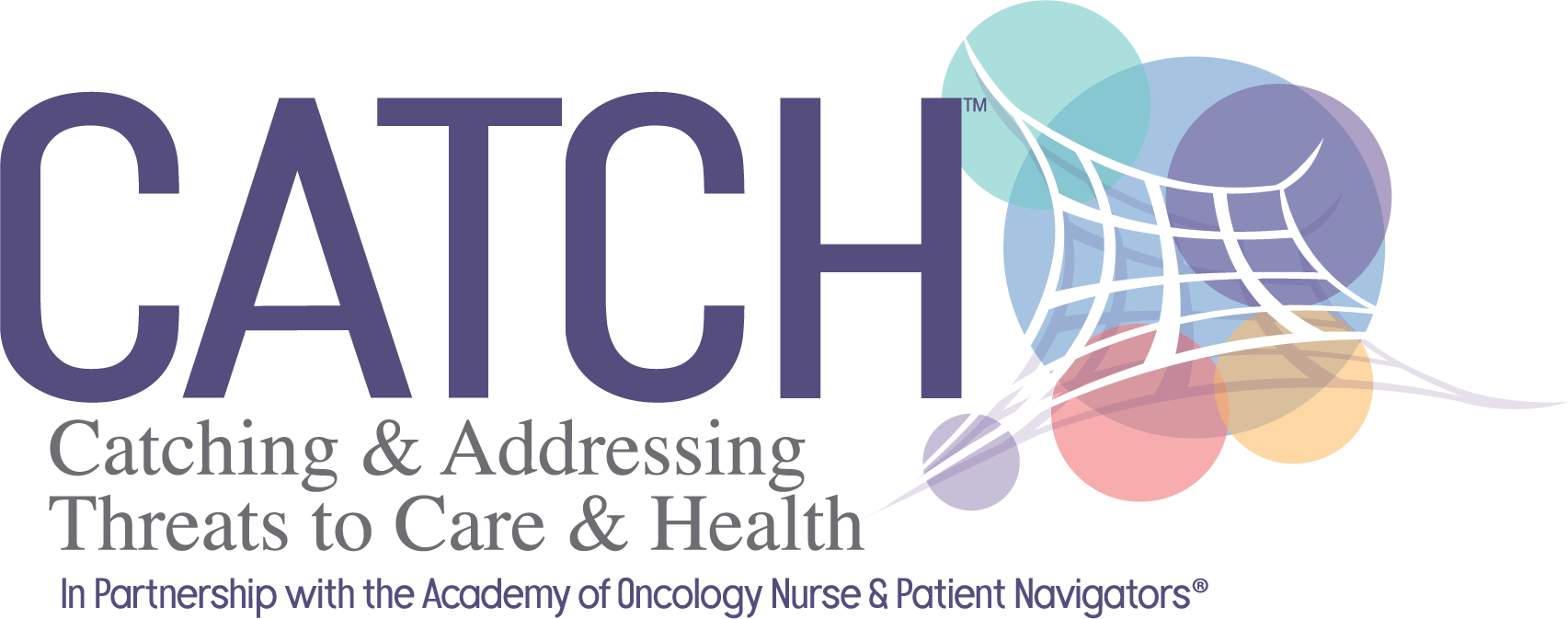
Jacquelynn Zanders,
St. Jude Children’s Research Hospital
We are thankful for Jacquelynn’s effort to ensure we were comfortable going home and confirming that we had everything our child needed to make our transition to a new care team much easier.—Patient's Mother
A CATCH is a navigation success story where a navigation tactic improved a patient’s situation. The CATCH Initiative, short for Catching & Addressing Threats to Care & Health, tracks and acknowledges positive outcomes of navigation tactics.
The CATCH of the Month
Background: An adolescent female diagnosed with lymphoma was sent from an affiliate clinic to the main hospital for clinical trial enrollment. After enrollment and her initial treatment, the patient was transitioned back to the affiliate clinic to allow for care closer to home and her support systems.
The Incident: Due to the complexities of medical care involving 2 separate medical teams across 2 different health systems, it was imperative that effective communication and coordination of care took place to prevent missed details of care that can cause delays and poor patient outcomes.
While completing a care coordination assessment prior to discharge to address psychosocial impact and questions, Jacquelynn, a patient navigator, learned that the family did not understand how to safely take care of the patient’s central line, including where to find the supplies needed to manage the patient’s central line at home.
The CATCH (Intervention): Recognizing the clinical and emotional implications of not safely managing a central line, Jacquelynn was able to connect the family with all appropriate team resources for central line care. Although Jacquelynn’s specialty is to address psychosocial needs, she understood the clinical impact ineffective management of a central line would have on the patient and family and connected them with the correct resources. Due to her patient advocacy and assessment skills, she was able to alleviate the family’s questions and concerns and potentially prevent an adverse event.
The Importance of the CATCH
The coordination of complex care among separate healthcare facilities is critical to ensure high-quality, cost-efficient care and optimal patient and provider satisfaction.1,2 Gaps in care coordination may result in treatment delays, poor health outcome, and dissatisfaction for patients and provider alike.
Moreover, it is important for the patient transitioning between centers to have trust in their care teams.3 The goal of the patient navigator is to bridge the communication gaps, eliminate barriers to care, and to set expectations for patients so that trust can develop. This case is another example of how the intervention of the patient navigator led to optimal care.
Strengthen Your Navigation Skills
Join – or start! – a Local Navigator Network
Click here to learn more
References
- Choi Y. Care coordination and transitions of care. Med Clin North Am. 2017;101:1041-1051.
- Kuo DZ, McAllister JW, Rossignol L, et al. Care coordination for children with medical complexity: whose care is it, anyway? Pediatrics. 2018;141(suppl 3):S224-S232.
- Levit LA, Byatt L, Lyss AP, et al. Closing the rural cancer care gap: three institutional approaches. JCO Oncol Pract. 2020;16:422-430.





